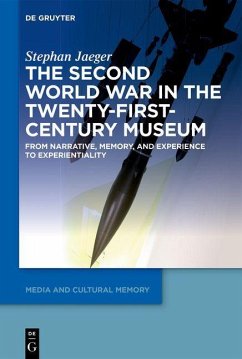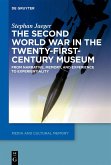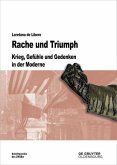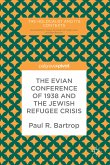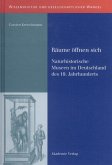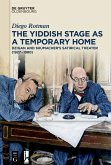The Second World War is omnipresent in contemporary memory debates. As the war fades from living memory, this study is the first to systematically analyze how Second World War museums allow prototypical visitors to comprehend and experience the past. It analyzes twelve permanent exhibitions in Europe and North America - including the Bundeswehr Military History Museum in Dresden, the Museum of the Second World War in Gdansk, the House of European History in Brussels, the Imperial War Museums in London and Manchester, and the National WWII Museum in New Orleans - in order to show how museums reflect and shape cultural memory, as well as their cognitive, ethical, emotional, and aesthetic potential and effects. This includes a discussion of representations of events such as the Holocaust and air warfare. In relation to narrative, memory, and experience, the study develops the concept of experientiality (on a sliding scale between mimetic and structural forms), which provides a new textual-spatial method for reading exhibitions and understanding the experiences of historical individuals and collectives. It is supplemented by concepts like transnational memory, empathy, and encouraging critical thinking through difficult knowledge.
Dieser Download kann aus rechtlichen Gründen nur mit Rechnungsadresse in A, B, BG, CY, CZ, D, DK, EW, E, FIN, F, GR, HR, H, IRL, I, LT, L, LR, M, NL, PL, P, R, S, SLO, SK ausgeliefert werden.

